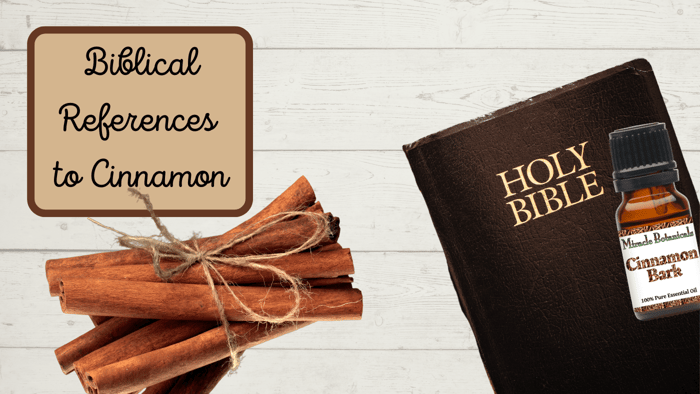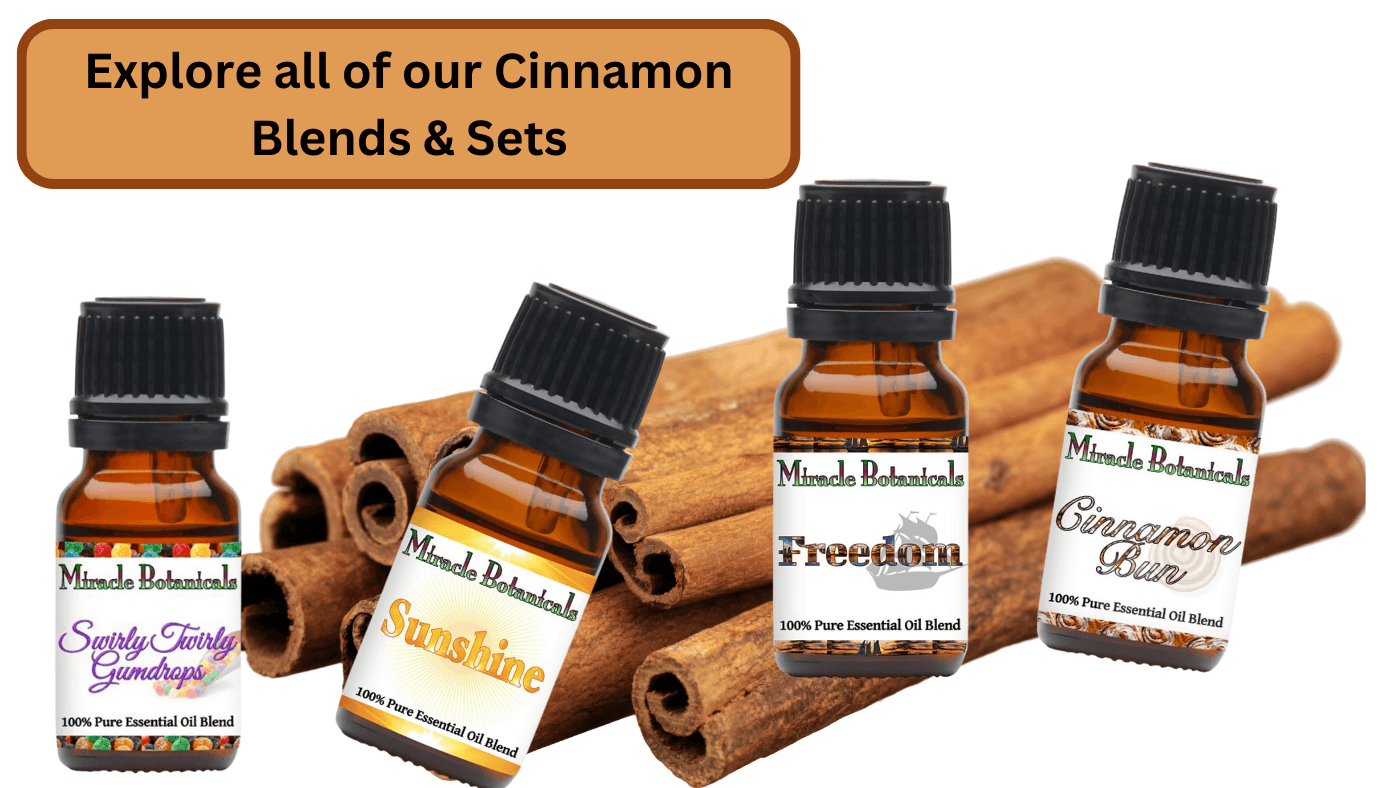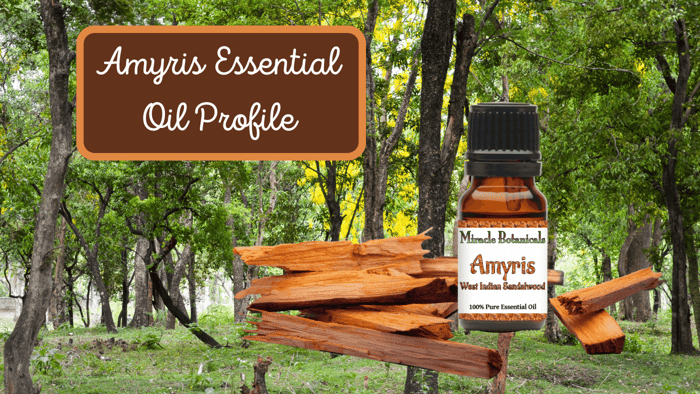If you're looking for the spiritual meaning of cinnamon in the Bible, you've come to the right place. The spiritual properties and energies of Cinnamon Bark Essential Oil can help you meet the physical and emotional challenges of your life. This oil is considered spiritually cleansing throughout the world due to its stinging, dynamic qualities and its ability to ward off any undesirable thoughts, feelings, or illnesses.
Cinnamon Bark Essential Oil (Cinnamomum Zeylanicum)
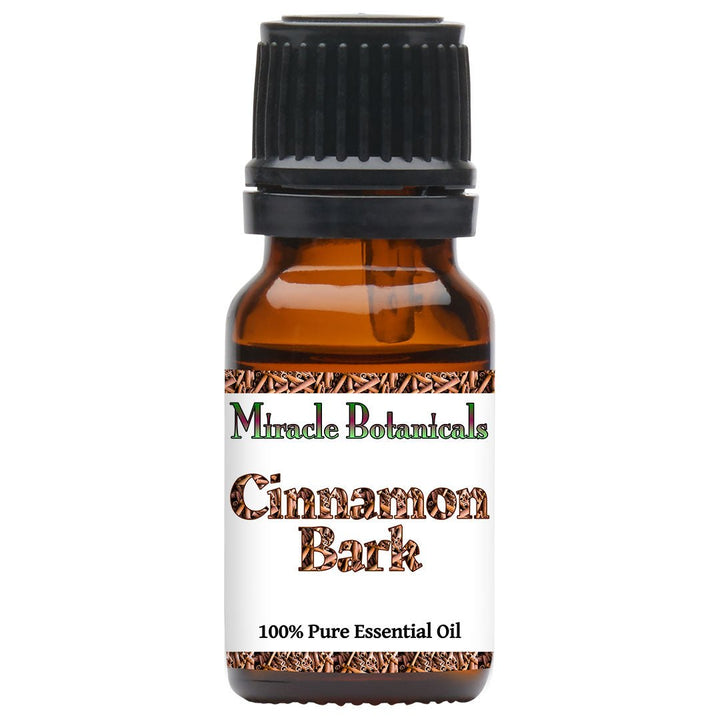
$12.97
Botanical Name: Cinnamomum Zeylanicum Synonyms: Cinnamomum verum, True Cinnamon, Ceylon Cinnamon Plant Part: Bark Method of Extraction: Steam Distilled Country of Origin: Sri Lanka Color/Consistency: Thin, clear, pale yellow to brownish in color Aroma: Warm, spicy, and sweet with a woody… read more
Biblical References to Cinnamon:
Cinnamon Bark Essential Oil (Cinnamomum Zeylanicum)

$12.97
Botanical Name: Cinnamomum Zeylanicum Synonyms: Cinnamomum verum, True Cinnamon, Ceylon Cinnamon Plant Part: Bark Method of Extraction: Steam Distilled Country of Origin: Sri Lanka Color/Consistency: Thin, clear, pale yellow to brownish in color Aroma: Warm, spicy, and sweet with a woody… read more
· Exodus 30:22-33: In this Old Testament passage, God instructs Moses to use cinnamon as one of the spices in the anointing oil for the Tabernacle and for the garments of the high priest.
· Proverbs 7:17: In this passage, the sweet scent of cinnamon is used as a metaphor for the tempting, alluring nature of sensuality and temptation.
· Song of Solomon 4:14: Cinnamon is mentioned in this passage as one of the sweet-smelling spices in a garden.
· Revelation 18:11-13: Cinnamon is mentioned in this New Testament passage as an imported item of great value from India.
· 1 Kings 10:10: Cinnamon is among the gifts that the Queen of Sheba brought to King Solomon.
Additionally, cinnamon was prized for its healing properties, and it was commonly used for medicinal purposes.
Today, many people believe that cinnamon can be used for spiritual purposes such as protection, prosperity, and healing. Some people also use cinnamon to enhance their intuition and promote spiritual awareness. Overall, cinnamon continues to hold spiritual significance in many cultures and is still valued for its aromatic and therapeutic properties.
More History of True Cinnamon Oil
Beyond its Biblical and spiritual references, our steam-distilled and CO2 extracted Cinnamon Bark Essential Oils offer many therapeutic and health-related advantages.
This variety of Cinnamon in both of our extractions is referred to scientifically as Cinnamomum Zeylanicum. Cinnamomum, which translates to ‘true cinnamon’, was thought to be so precious that it was kept as a culinary, medicinal, and trade secret to protect the monopoly on this good in favor of trade suppliers. The spice is native to India, Sri Lanka, Bangladesh, and Myanmar and has been cultivated for its medicinal qualities and as a prized aromatic spice that lends a warm, sweet, and spicy flair to many cuisines.
The trade on this exotic plant can be traced back as early as 2000 BCE and it is also mentioned in the Bible as an oil that Moses used in an anointing blend as part of the ordination of priesthood. This oil was said to sanctify the anointed and to set them apart as ‘holy’, and it’s no wonder when you consider the long list of medicinal indications that the oil possesses.
Cinnamon Bark Essential oil is extremely versatile and can be used to support the respiratory, digestive, and vascular systems, help prevent infection, and ease the pain and discomfort of aching muscles and joints. It holds a prominent position in many traditional medicinal systems, such as Ayurveda and the bark of the Cinnamon tree is especially useful due to its potency and strength.
Using Ceylon Cinnamon Oil
(Don’t worry, the burning sensation is only temporary. As a child, I actually put this stuff undiluted on my genitals, and it burned like crazy, but no damage was done.)
If you are looking for a comfortable dilution ratio, I would start at 5% (30 drops per ounce of carrier oil) and work up from there. We have a variety of carrier oils to choose from.
This oil is very useful as an antibacterial, antifungal, antimicrobial, and astringent agent, putting harmful microbes in their place.
This oil can also facilitate the healing process for a number of ailments, and it acts as a coagulant to help with excess bleeding. Using this oil to rid your household plants of destructive insects and fungi is also a great way to put its benefits to use.
$15.97
Botanical Name: Cinnamomum Zeylanicum Common Name: Ceylon Cinnamon Plant Part: Bark Method of Extraction: CO2 Extracted Country of Origin: Sri Lanka Color/Consistency: Golden Yellow/Orange Color With Medium Consistency Aroma: Rich, Warm, Spicy, Sweet Perfumery Note: Middle Main Chemical Components: trans-cinnamaldehyde… read more
Cinnamon Bark Essential Oil - CO2 Extracted (Cinnamomum Zeylanicum) - Ceylon Cinnamon
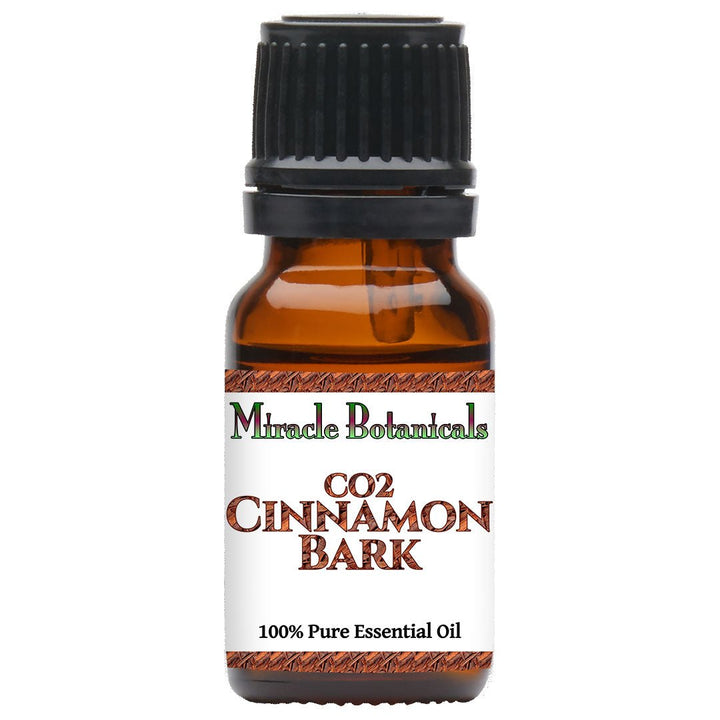
Here are Some Recipes you can Use to Get More Cinnamon Essential Oil Into Your Routine
The first two recipes are diffuser recipes. I recommend getting a good diffuser because inhaling essential oils by diffusion is as easy as breathing.
This diffuser blend is uplifting and empowering and creates an atmosphere full of happy energy.
- 1 drop Cinnamon Bark EO
- 5 drops Peppermint EO
- 10 drops Lemon EO
- 10 drops Mandarin EO
Diffuse the following for a romantic, seductive vibe, sure to entice and relax.
- 1 drop Cinnamon Bark EO
- 3 drops Ylang Ylang EO
- 1 drop Jasmine EO
- 1 drop Vanilla EO
- 2 drops Sandalwood EO
Exfoliating Scrub
This rub-down scrub will rid your skin of harmful bacteria, dirt, and dead cells, unveiling a baby-soft, refreshed complexion
- 2 drops Cinnamon Bark EO
- 1 drop Vanilla EO
- 3 tablespoons Hazelnut Oil
- 1 cup of packed brown sugar
Make sure to add the Hazelnut Oil last when creating your scrub, and store it in an airtight container. Use as needed in the shower or bath.
Caution: Applying neat to the skin may cause a mild burning sensation, although I regularly put it on my skin and in my mouth with no adverse effects (it's absolutely delicious!") It's recommended that the maximum dilution for skincare application is 2%.


